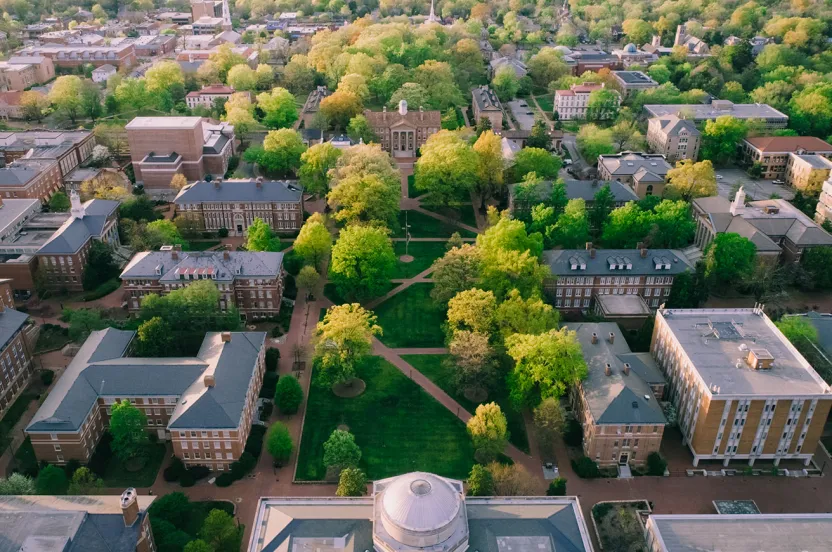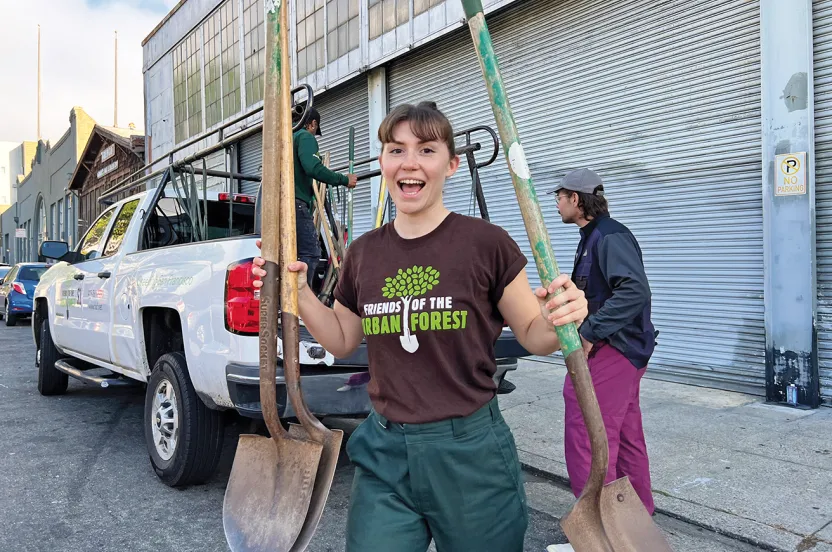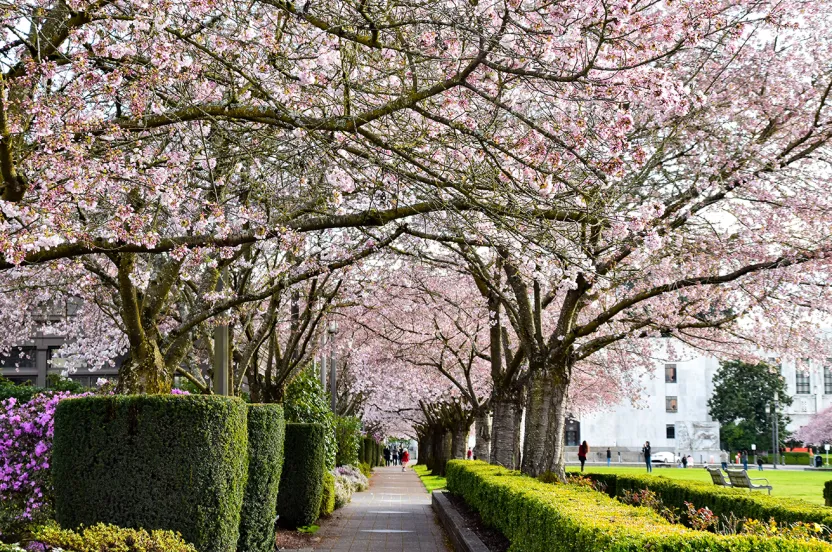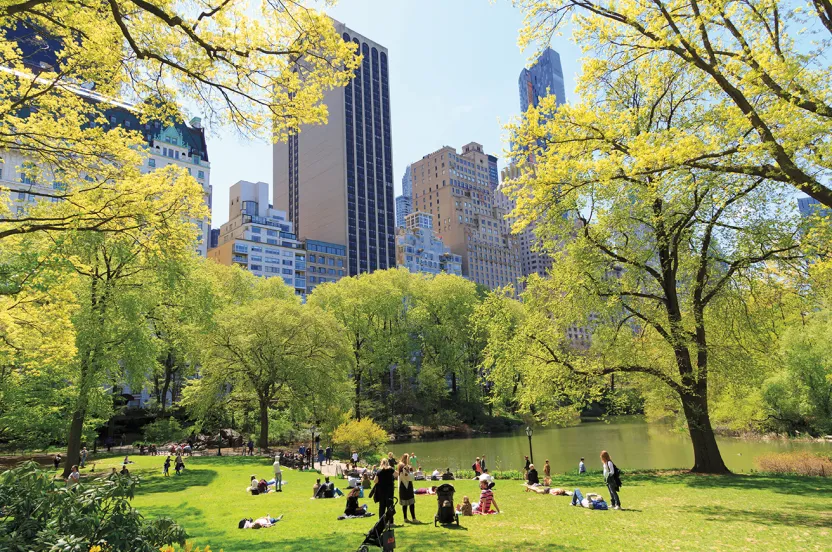Transforming Madagascar
Arbor Day Foundation supporters advance bold tree planting goal.

The island of Madagascar is an ecological wonder. Roughly 85% of its wildlife, including some 80 species of lemur, are found nowhere else on the planet.
To date, the Madagascar Biodiversity Partnership has planted 5 million trees, 4 million of which were funded by Arbor Day Foundation supporters.
“We would not be here without the Arbor Day Foundation,” Ed said. “The work that we’ve been doing could not be possible.”
Starting Small
Ed made his first trip to Madagascar in 1998, his second year of working at the zoo. He wasn’t originally scheduled to go, but as fate had it, switched spots with another employee at the last minute.
“My French skills and my Malagasy skills were zero. And when I arrived, I didn't even have a tourist guide book,” he said.
The challenges of learning a new language and navigating a new country didn’t deter Ed. After touring around the island for a month, he continued coming back year after year, conducting field research on lemurs for six months at a time.

As forests in the area continued to decline, he knew that more needed to be done.
“I always felt it was going to be bad studying something and having it go extinct because you didn't do anything about it,” Ed said.
Together with the zoo, Ed formed the Madagascar Biodiversity Partnership — aimed at conserving these fascinating animals through widescale tree planting.
An Innovative Approach
The primary cause of deforestation in Madagascar is slash-and-burn agriculture. In a country with where nearly 80 percent of people live in poverty, there is often little other option for making a living than clearing the forest away for crops.
With that issue in mind, Ed recruited members of the local community — mostly women — to grow the native trees in nurseries and plant them out in the field. In exchange for their work, they receive fair pay and a stable stream of income.

The partnership has created more than 100 full-time jobs for Malagasy residents. Nearly 5,000 community members also participate in the partnership’s Conservation Credit Rewards program.
Through the program, participants receive one credit for each tree they plant, which can then be used to purchase life-changing items like solar kits, rocket stoves, bicycles, and sewing machines. They receive these items in addition to their income.
“MBP is doing good things for my life, family, and community. Don’t cut trees, don’t chop the forest. If you burn the forest, there will be nothing left for the future. I have taught my family this,” said Suzanne, one of the Malagasy participants.
“Before working for MBP, I could not afford food for my family and now I can. I have been able to save money to repair my house, send my two kids to school, and support my mother as well as my family…I even started a small farm with four chickens and five ducks. This project saved my family and I’d like to continue working here for a long time.” said Anjarasoa Yvette, another participant in the program.
Despite numerous hurdles over the past several years, including destructive cyclones and global restrictions from the pandemic, this important work is accelerating faster than ever. It took five years for Ed’s team to plant the first million trees and a little less than two years to plant the second million. 2022 is set to be their fastest year on record, with one million trees planted during the calendar year. That’s around 80,000 trees per month.

“There's so much to be done, and we're really pushing. I feel like every moment is important,” he said.
Ed hopes to reach the 6 and 7 million tree planting milestones in the near future. A key part of that will be building more nurseries, which there are already 20 of throughout the island. And outside donor support will continue to be a major driving force.
The story of the Madagascar Biodiversity Partnership continues to be one of our supporters’ favorites — and it’s easy to see why. We’re excited to see its impact continue to grow in the coming years.



